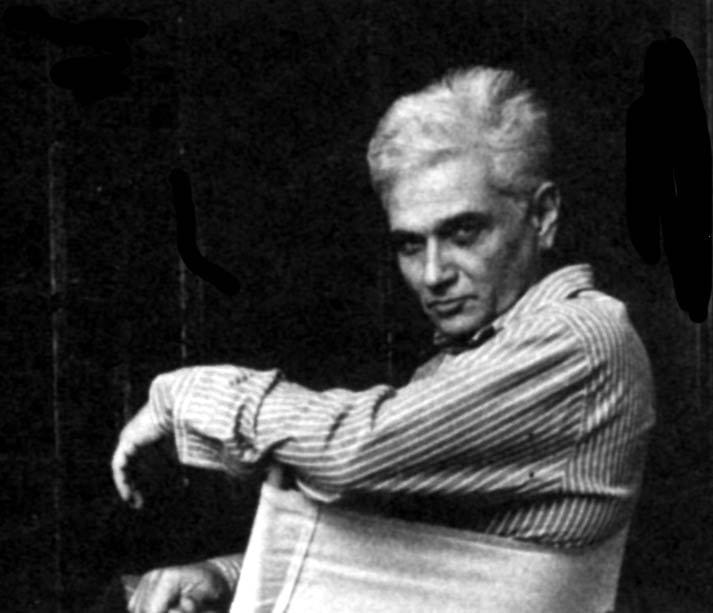


In recent years, a number of translations have appeared by Michael Naas (also a Derrida scholar) and Pascale-Anne Brault. Derrida insisted that a distinct political undertone had pervaded his texts from the very beginning of his career. Beyond these explicit political interventions, however, Derrida was engaged in rethinking politics and the political itself, within and beyond philosophy. While supportive of the American government in the wake of 9/11, he opposed the (see Rogues and his contribution to Philosophy in a Time of Terror with and ). In the he refused to vote in the run-off between leader and, citing a lack of acceptable choices.

Derrida was not known to have participated in any conventional electoral until 1995, when he joined a committee in support of Socialist candidacy, although he expressed misgivings about such organizations going back to organizational efforts while he was a student at ENS. He protested against the death penalty, dedicating his seminar in his last years to the production of a non- argument for its abolition, and was active in the campaign to free. He was active in the collective “89 for equality”, which campaigned for the in local elections.


 0 kommentar(er)
0 kommentar(er)
